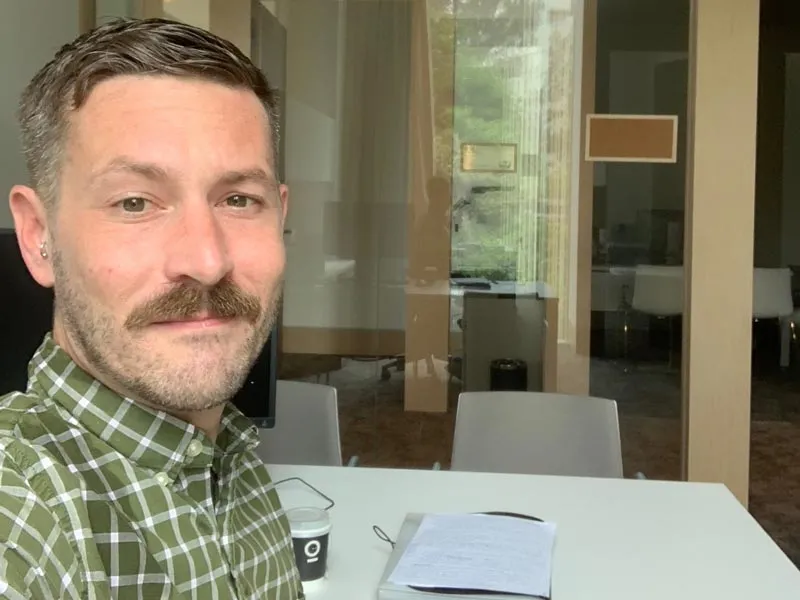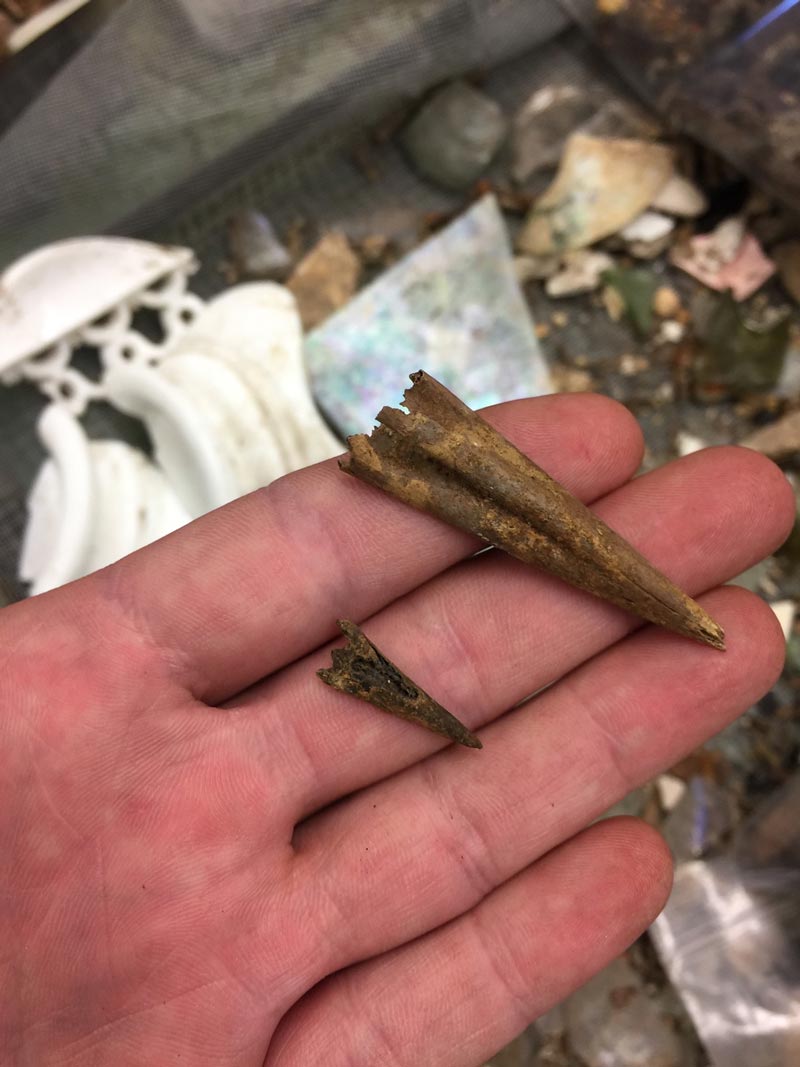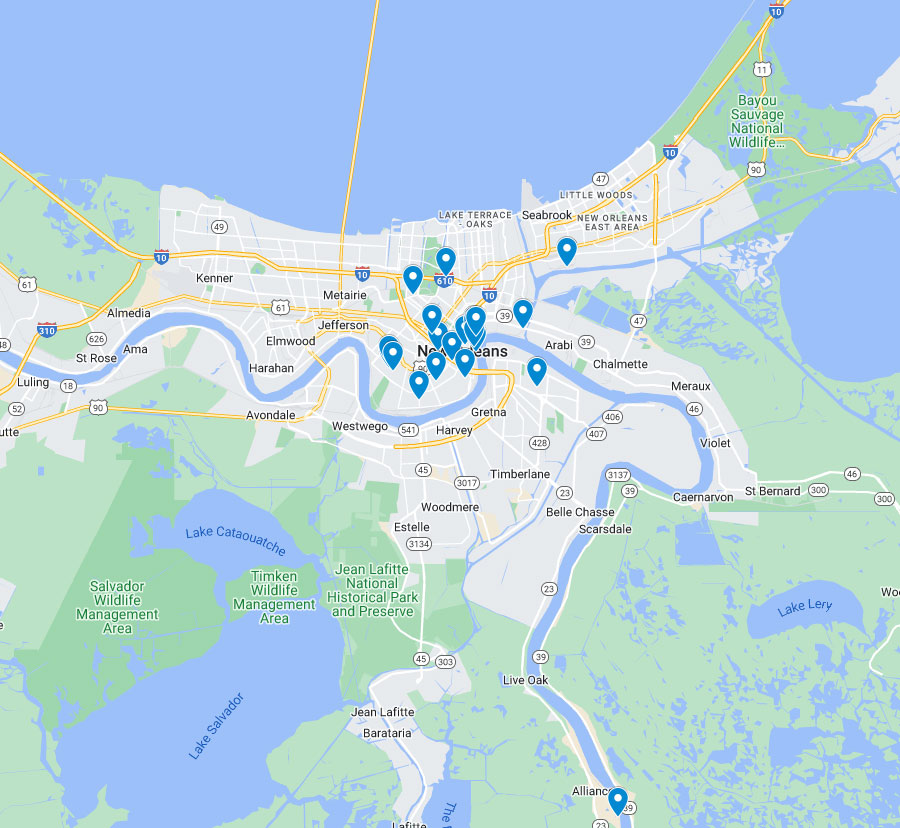
Biography
Chris is a doctoral candidate in the Department of Anthropology at the University of Chicago. He is a historical archaeologist whose research explores the intersection of race, labor, and everyday aesthetics in the Creole faubourgs of New Orleans during the late eighteenth and early nineteenth centuries. As part of his dissertation research, he carried out four years of archaeological excavations in the neighborhood of Faubourg Tremé, examining the role of colonial urban plantations and enslaved labor in the development of the city’s early creole economy. He began doing archaeological fieldwork in New Orleans in 2008. His teaching and research interests include urban archaeology, materiality, colonial and post-colonial theory, and race and labor in the early Atlantic world.
Research
This project examines the contributions of New Orleans’s first African-Americans to the city’s early creole economy. Recent archaeological excavations at the colonial Tremé plantation reveal the extent to which enslaved laborers, especially those living on the semi-urban plantations of the Creole faubourgs, stitched themselves into the everyday economic fabric of the city. Evidence of domestic and household activities, from sewing and button making, to caregiving and cooking, demonstrate how slave labor was implicated in all aspects of plantation life. Yet the archaeological assemblages uncovered during dissertation fieldwork suggest that the economic ventures of the enslaved were not constrained to the plantation itself, but instead extended to urban markets and frontier networks further afield. Wild birds – hunted for feathers and as game – are an important index of this social and economic mobility, demonstrating the creative agency of enslaved people as they navigated a racialized economy through matters of fashion aesthetics and food. By combining archaeological and archival evidence, this study employs zooarchaeological analysis to interrogate how wild bird populations played a role in the self-provisioning of faubourg plantations and in providing access to economic opportunity for the enslaved.



